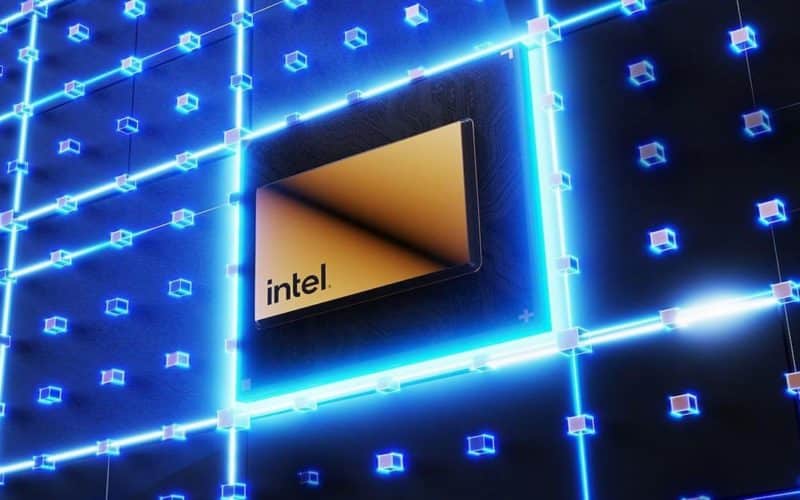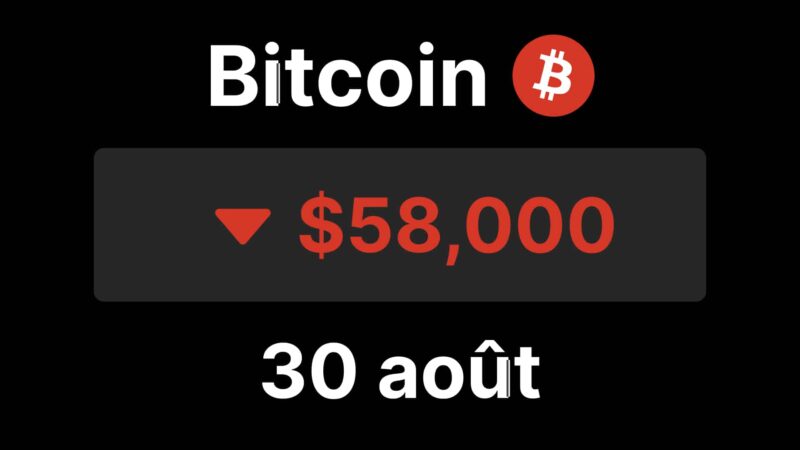The company Intel announced in a release the marketing of a new chip dedicated to the mining of cryptos (bitcoins mainly). Named Blockscale ASIC, it will increase the energy efficiency of the mining of crypto-currencies based on the Proof-of-Work (PoW). This chip corresponds to the second generation of chips recently developed by the Intel company. Last February, we presented the Bonanza Mine chip.
More economical and efficient, the Blockscale ASIC mining chip should reduce the energy consumption of mining companies by offering an efficiency of around 26 joules/terahash, with a processor described as a chip belonging to the ASIC family (SHA-256 hashing algorithm). For the record, Asics (Application-Specific Integrated Circuits) are ultra-low voltage chips specifically programmed for cryptocurrency mining.
More precisely, each chip will have a hashrate of up to 580 gigahash per second (GH/s) and an energy efficiency of 26 joules/terahash (J/TH). It thus dethrones the models currently on the market.
While Intel has not yet explicitly confirmed which process the Blockscale chip will use, it appears (according to rumors) to be TSMC’s 5nm process. In addition, the ASIC chip will be able to be sold separately (and not as part of a complete mining rig), which is rarely if ever the case today.
Regarding its commercialization, Intel has announced that only certain customers (selected in advance) will be able to take advantage of this new chip as early as the third quarter of this year 2022. The date of commercialization for the general public is still awaited.
Responding to energy, environmental challenges?
“The Intel Blockscale ASIC will play a major role in helping bitcoin mining companies achieve their sustainability and hashrate scaling goals in the coming years.”
Jose Rios, director of Intel’s blockchain group.
The ecological and energy challenges posed by the mining of bitcoins are a fundamental issue today. In fact, we can see that all over the world, national legislators are tempted to slow down or even ban the mining of bitcoins for allegedly ecological reasons (China, Kazakshtan, some states in the USA, EU).
Indeed, MEPs have recently pointed the finger at the high energy consumption of mining crypto currencies based on the PoW consensus rule. This approach was considered ideological by some, as the measures merely pointed to the consumption generated by this activity, without taking into account the type of energy used. If in the future mining chips were to be radically more efficient and less energy consuming, these same MPs would have much less room to maneuver.




